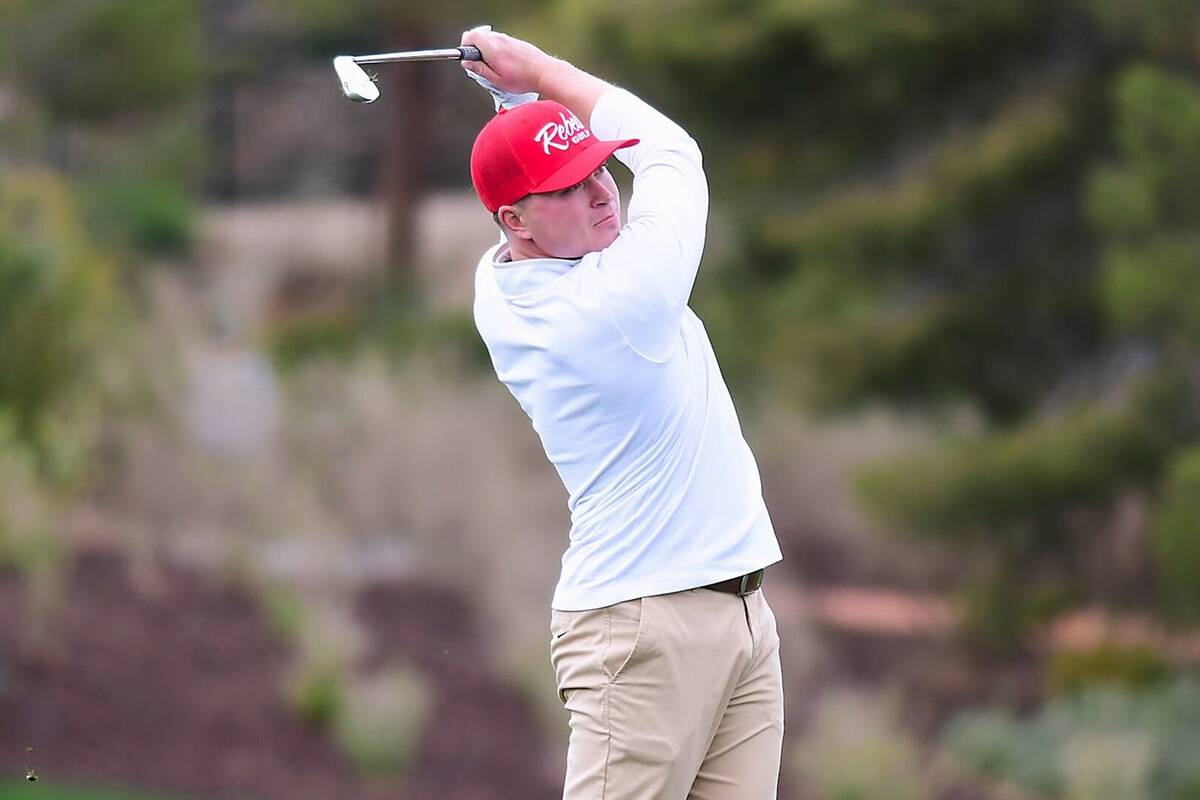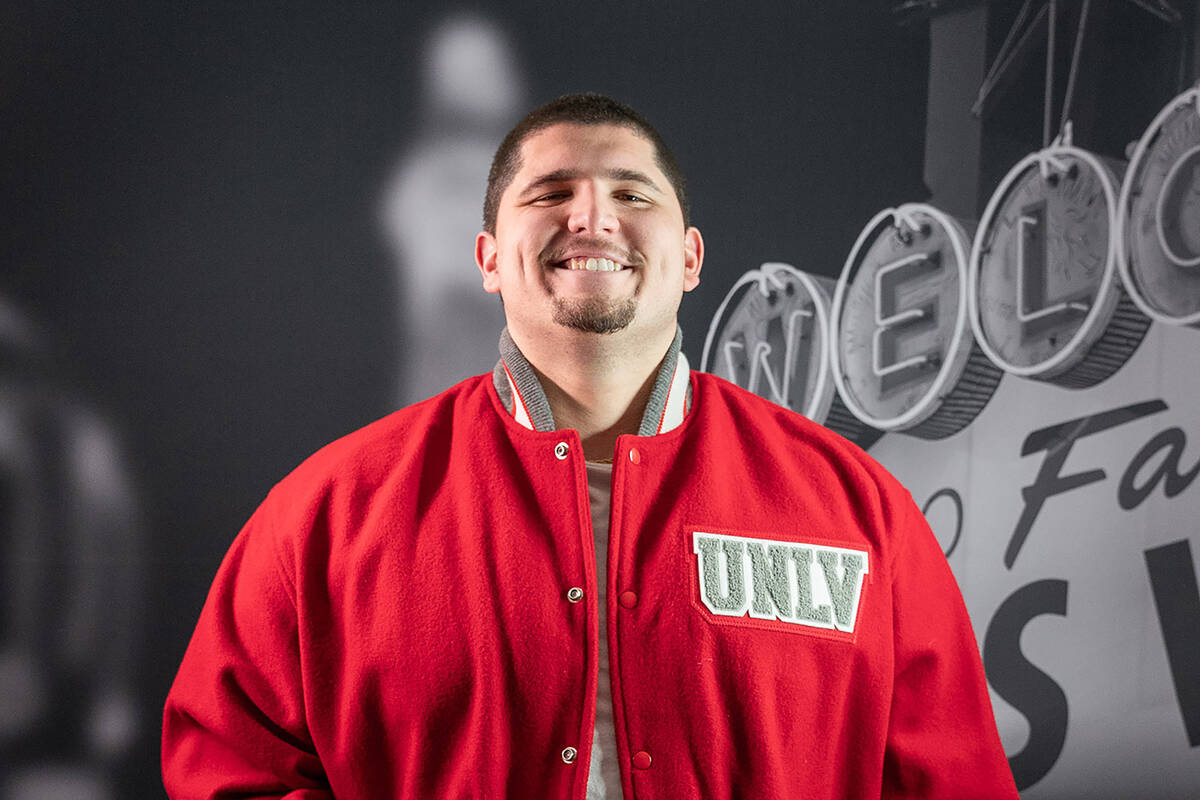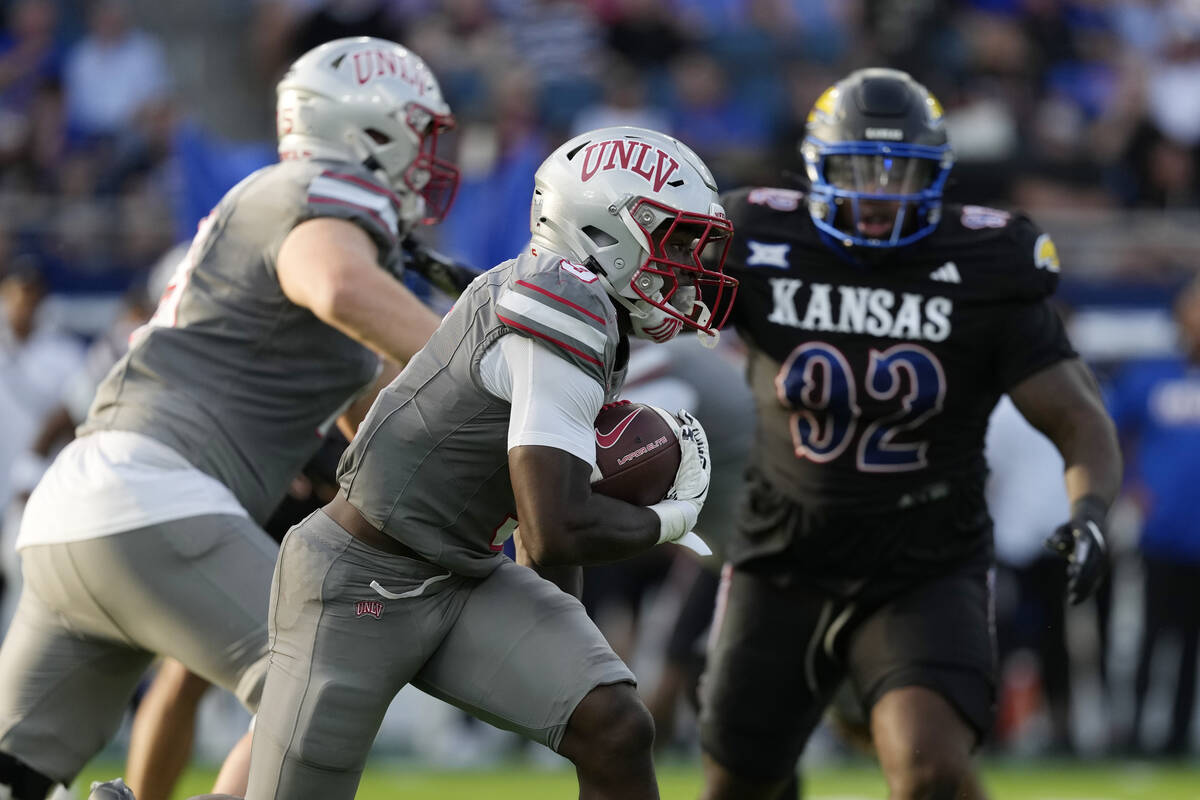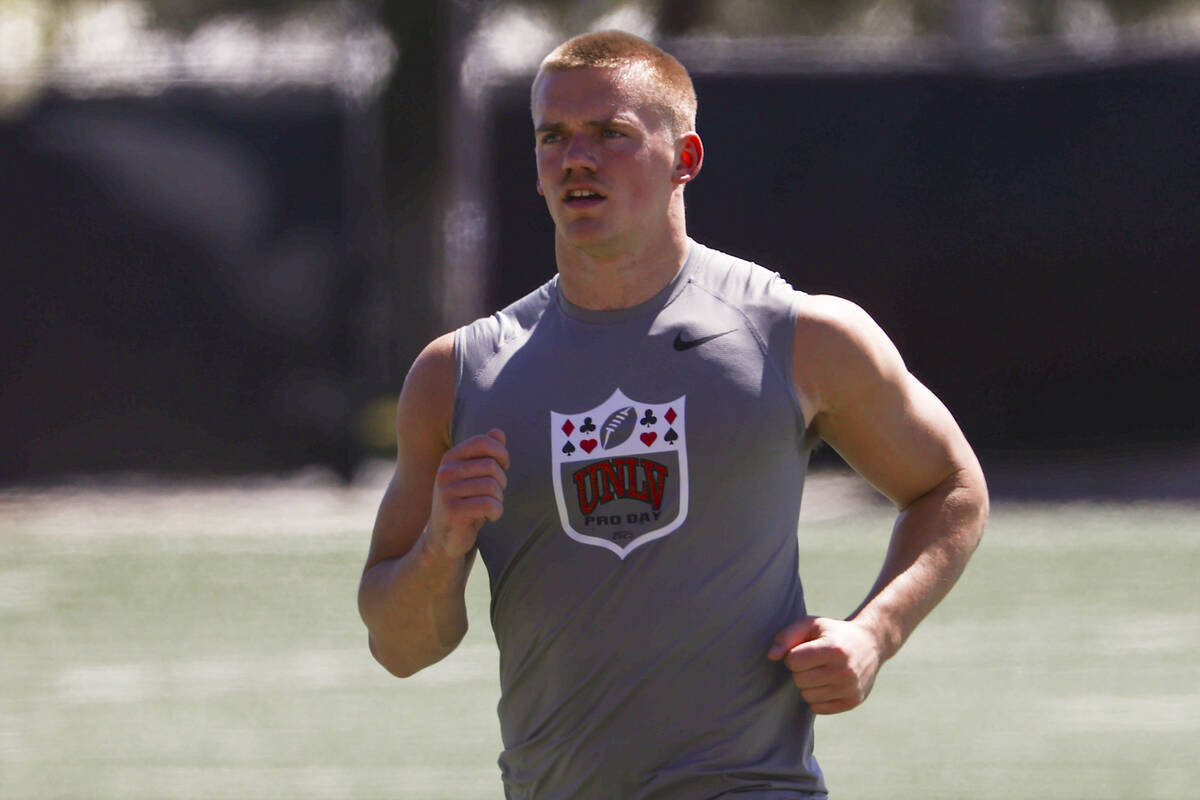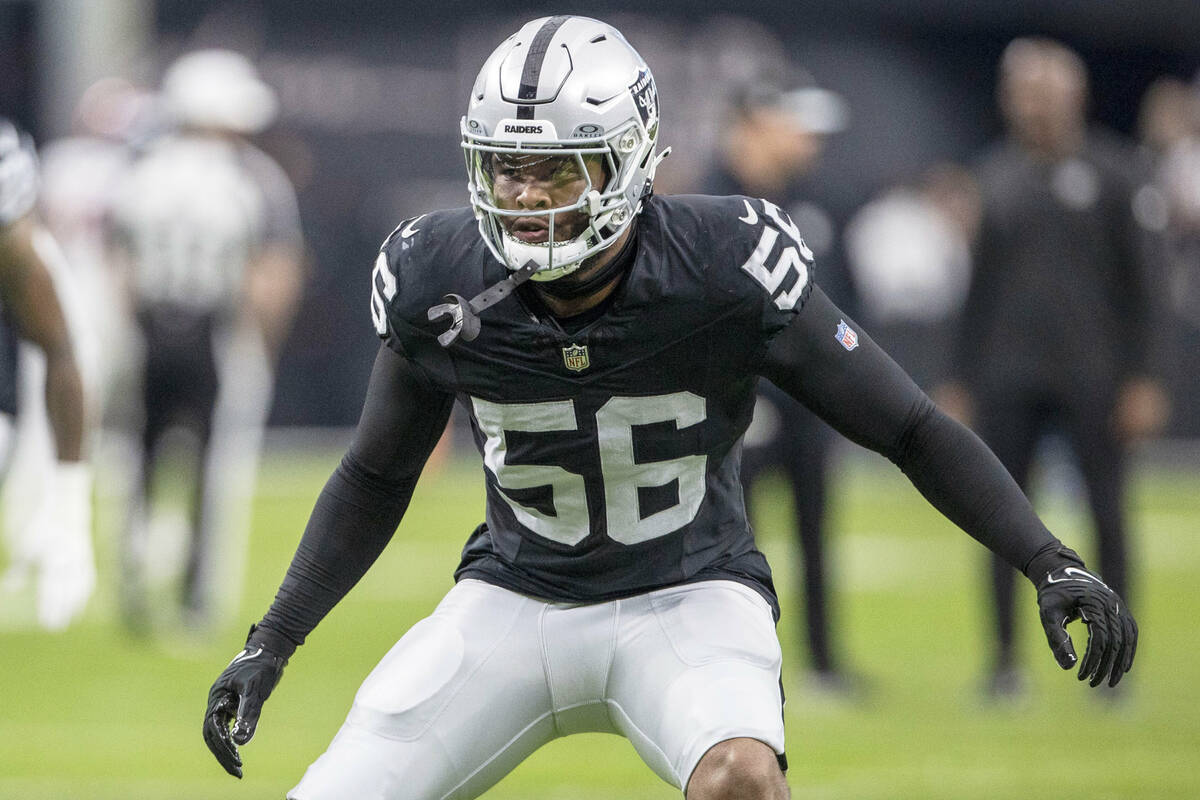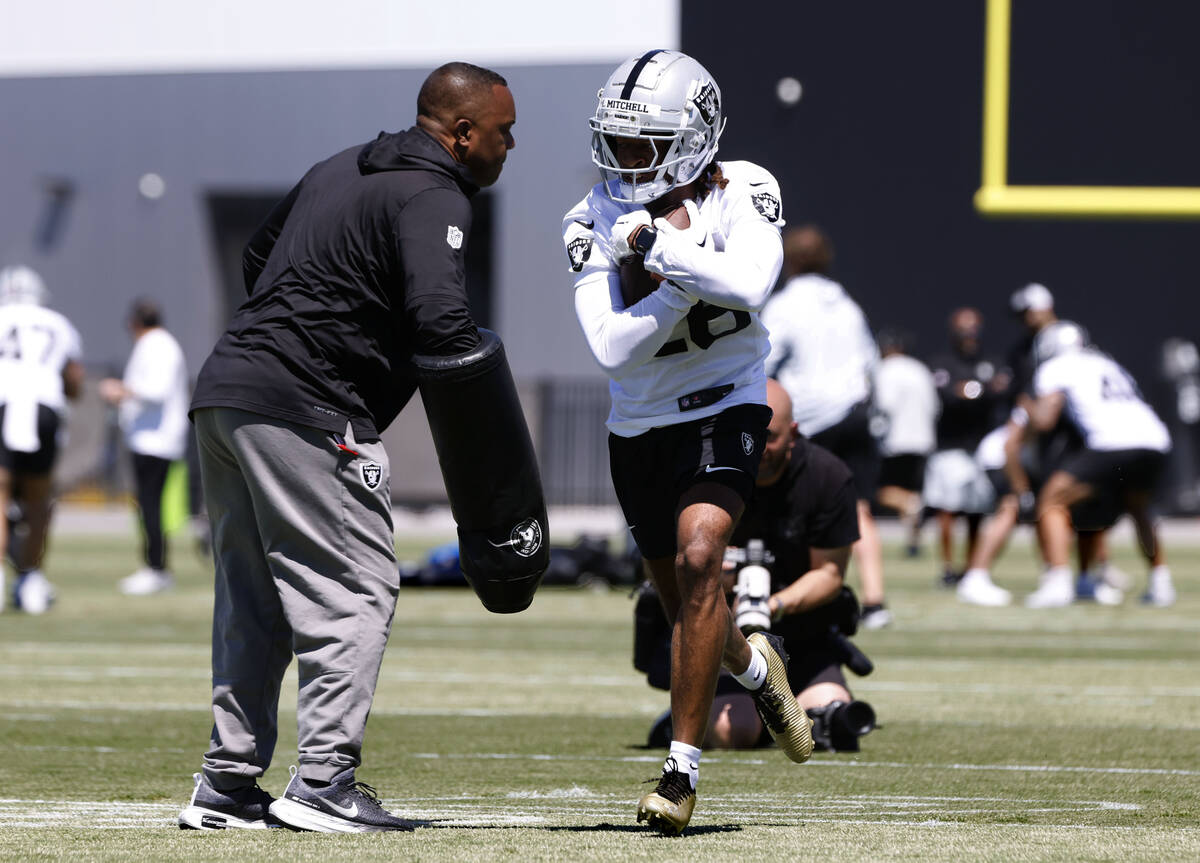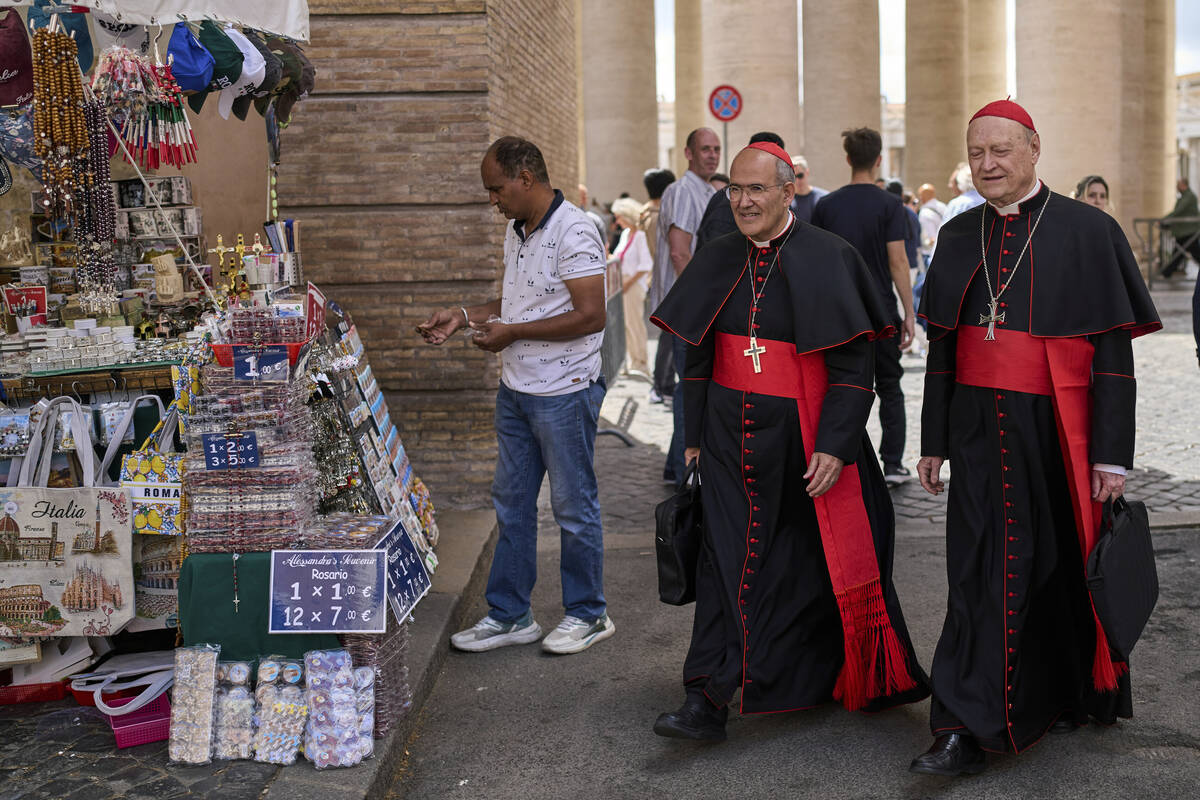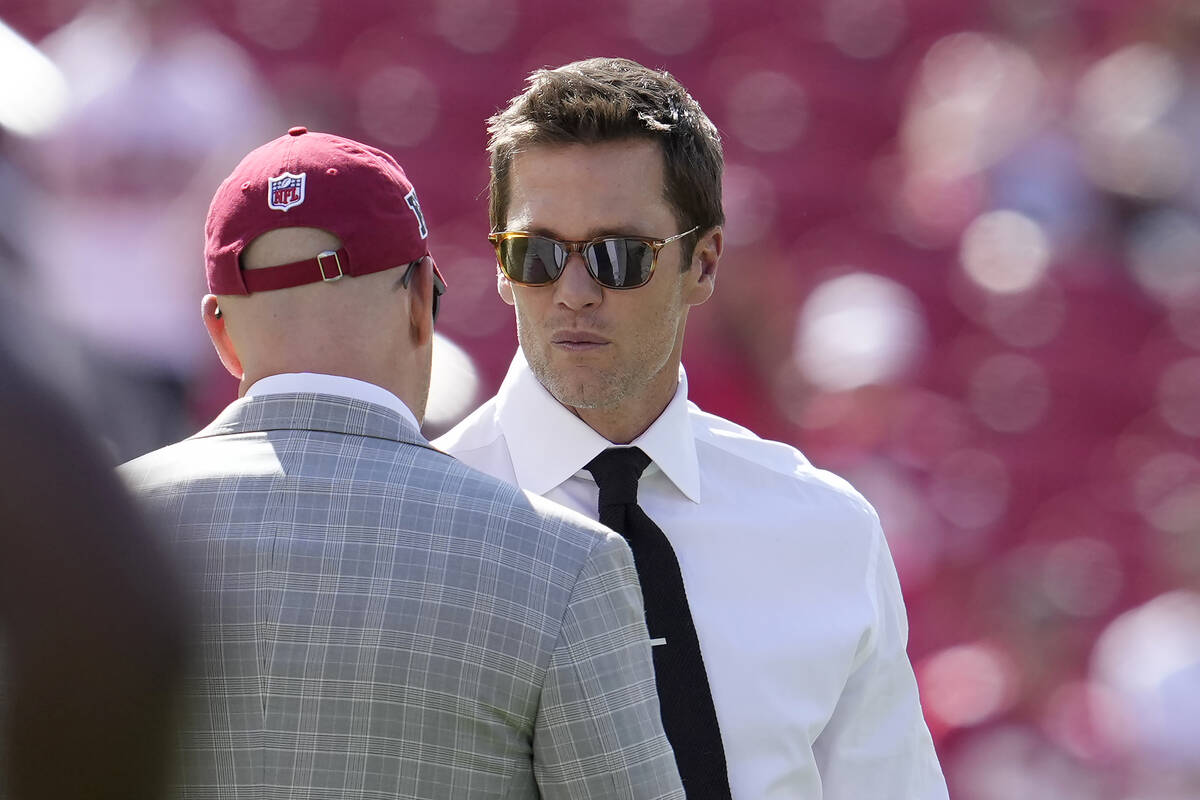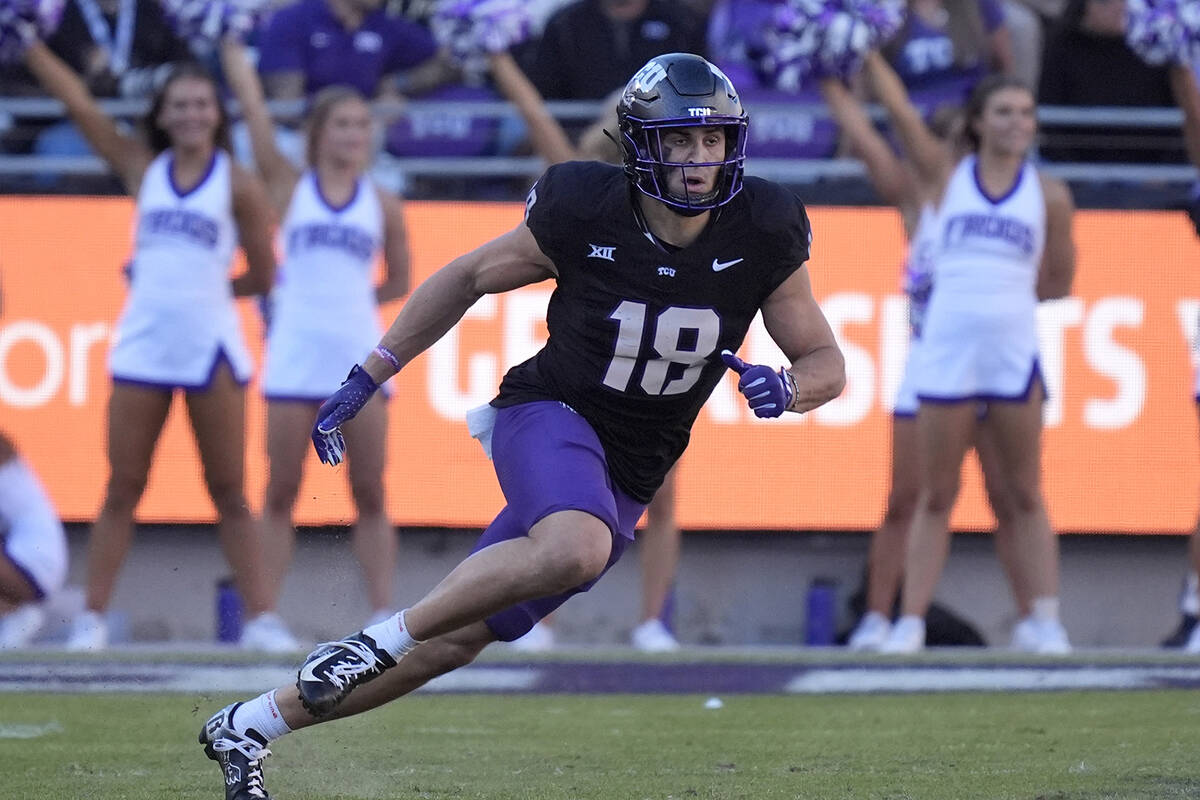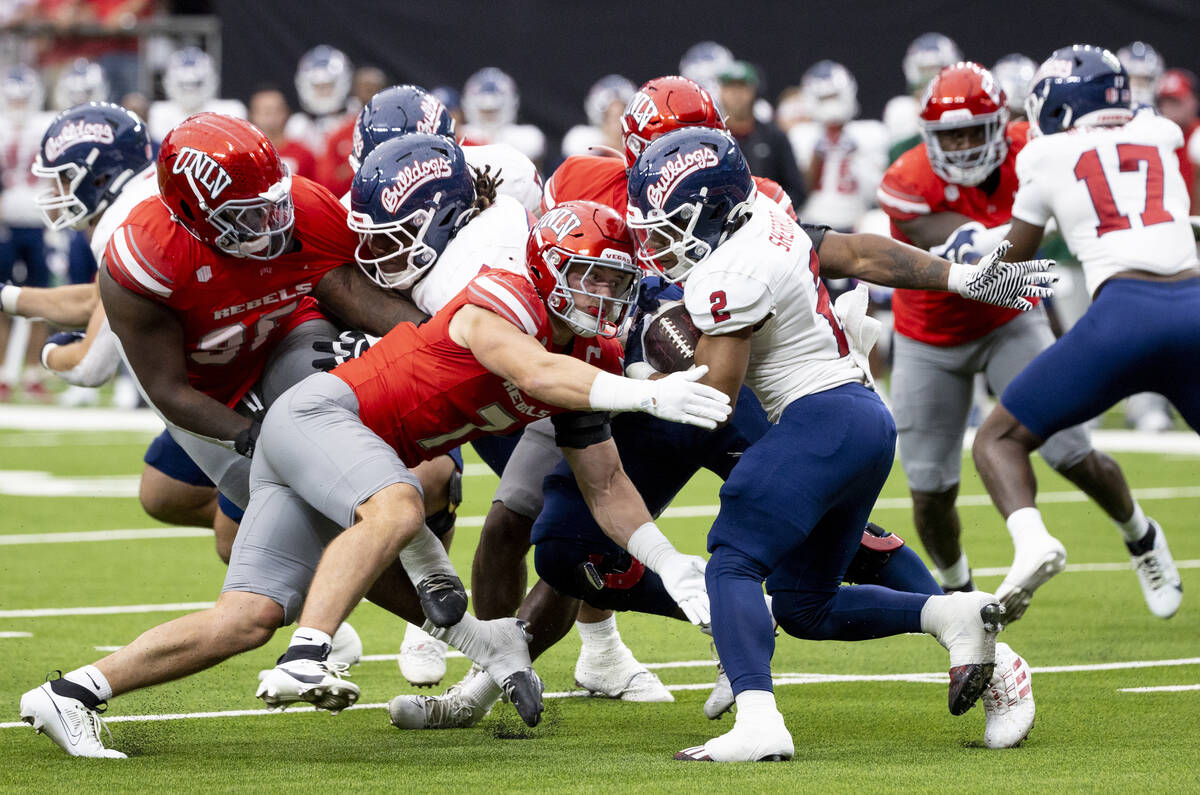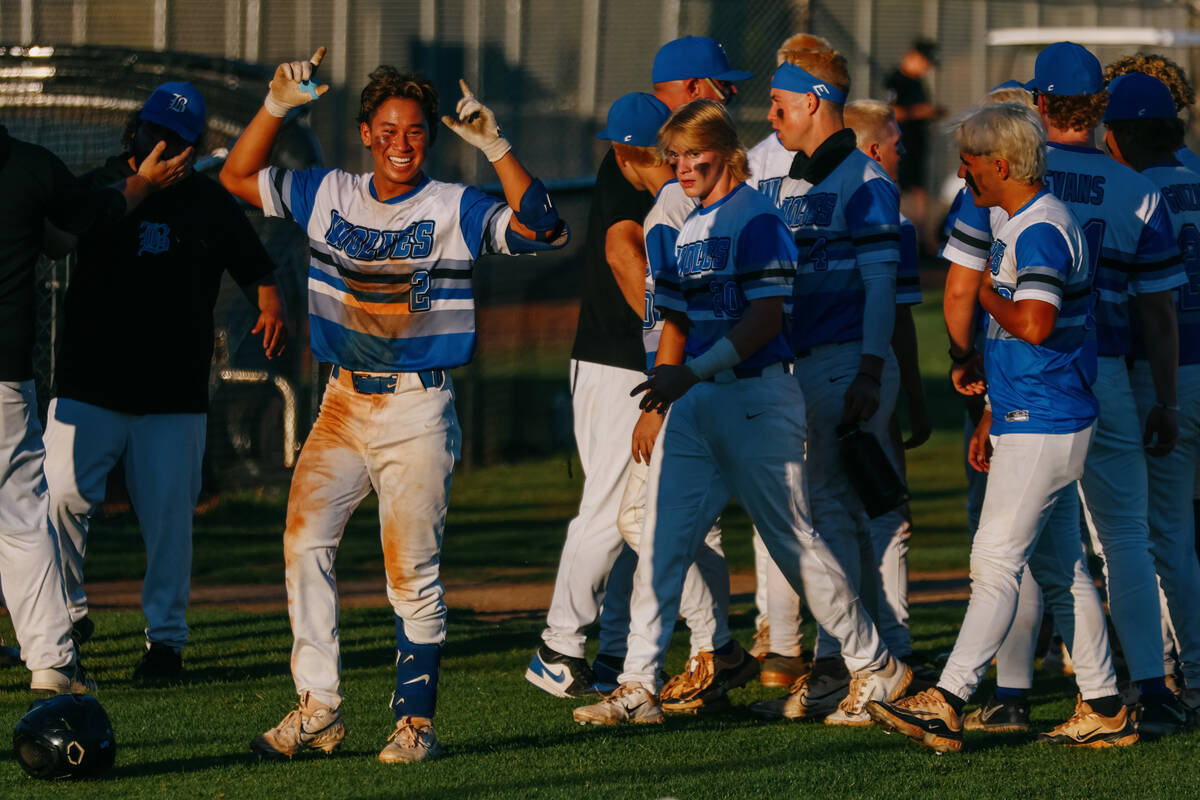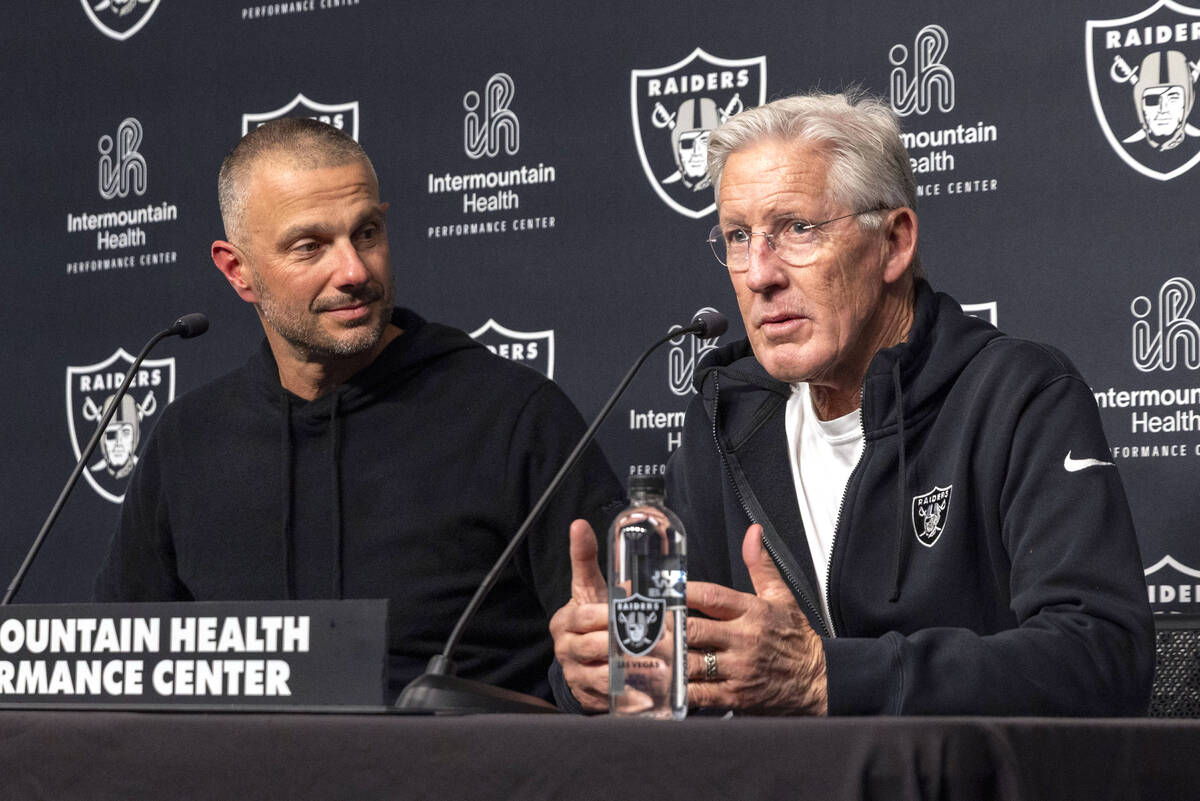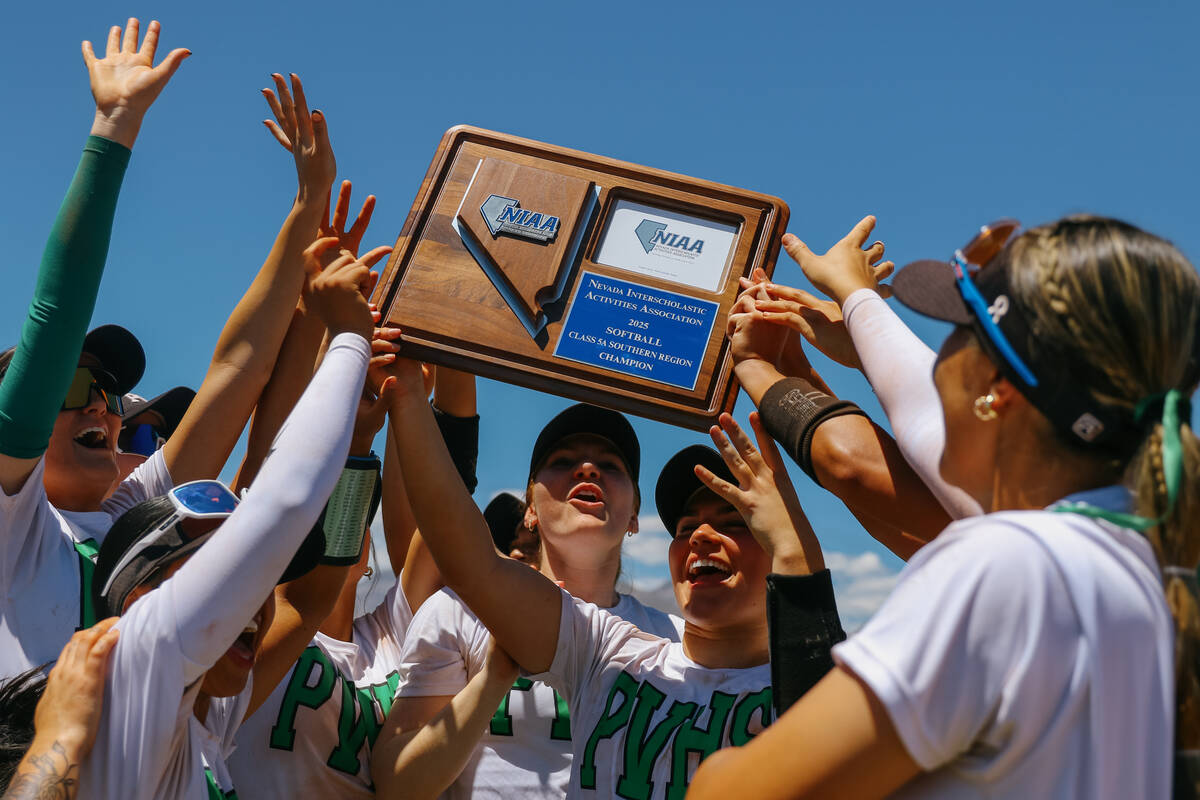The Metropolitan Police Department has not determined a specific reason why a gunman shot four UNLV professors, killing three, Sheriff Kevin McMahill said Wednesday.
“It’s sort of frustrating to me in the same sense that after 1 October I couldn’t tell people why,” McMahill said in an interview with the Las Vegas Review-Journal. “This case is the same — he didn’t leave a manifesto or a note.”
Former business professor Anthony Polito, 67, terrorized the university on Dec. 6, a little more than six years after a gunman killed 60 and injured hundreds more attendees of the Route 91 Harvest music festival on Oct. 1, 2017.
Polito might have been partly motivated by financial strain, McMahill said.
“He didn’t really have anything,” the sheriff said. “We know he was going broke. We know he was getting evicted out of his apartment. He didn’t have a lot left to his name.”
The sheriff added: “Could that be a reason? Absolutely. But again it’s speculation on my part. I can’t tell you with certainty that was the case, but certainly it was a probable factor.”
McMahill said investigators recovered two dozen letters Polito sent the day of the UNLV shooting from a Henderson post office, which were addressed to university personnel across the country.
“All of those letters were basically the rambling of a mad man,” McMahill said. “They didn’t make any sense whatsoever.”
Motive speculation
McMahill pointed to speculation that Polito, who had been turned down multiple times from positions at Nevada universities, had racial animus since the fatal victims were persons of color.
They were Patricia Navarro Velez, 39; Cha Jan “Jerry” Chang, 64; Naoko Takemaru, 69.
“While I understand the speculation,” McMahill said, “the other side of that is, I’m not gonna go out and call something a racially-motivated incident until I know it’s a racially-motivated incident.”
A faculty member critically injured in the shooting wished to remain anonymous, according to McMahill and UNLV President Keith Whitfield.
A Metro officer who provided first aid helped the faculty member receive further medical care likely saved his life, McMahill said.
Investigation ongoing
McMahill said investigators were still hopeful to find a defining motive as they continue to go through dozens of hard drives Polito possessed.
“The amount of data that he had collected was basically from the beginning of his life, and most of it was student (professor) reviews,” said McMahill describing them as mostly positive. “There was some darker stuff where faculty didn’t like him or he didn’t perform so well on some things.”
McMahill praised his officers’ actions and lack of hesitation to rush into possible danger. Still, he added, “in some sense, we got lucky.”
That’s because Polito spent minutes in Beam Hall, which houses the business school, before opening fire, the sheriff said.
“He walked by several other people that he could have shot and killed that he did not shoot and kill,” McMahill said.
Body-camera footage released by Metro shows that Polito walked past Metro officers, who ordered him to leave the building.
Moments later, UNLV police spotted Polito and killed him in a shootout outside Beam Hall, McMahill said.
“They didn’t think his movements and his demeanor were appropriate, which caused them to follow outside when he pulled the gun on them,” said the sheriff, who described Polito’s movements throughout the shooting as “strange.”
Lessons learned by law enforcement
McMahill described the chaos his officers encountered while entering Beam Hall, where an alarm blared.
The pandemonium caused misinformation to flourish, with different officers reporting the same victims, McMahill said. “Every one of those officers that went into that building early on thought people were dying.”
McMahill said the department has to find ways to tamper the misinformation, candidly adding that “I’m not exactly sure how to do that yet.”
McMahill said Metro hopes to soon release a report that lays out lessons the department learned.
“The important part of when these things happen,” he said, “is that we all learn from them — what could we do differently.”
Contact Ricardo Torres-Cortez at [email protected].


